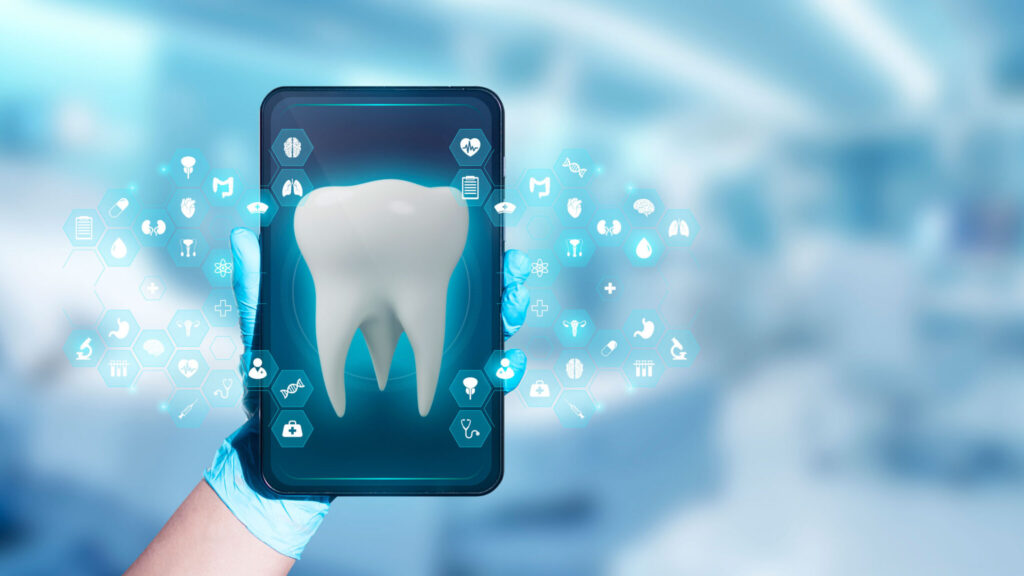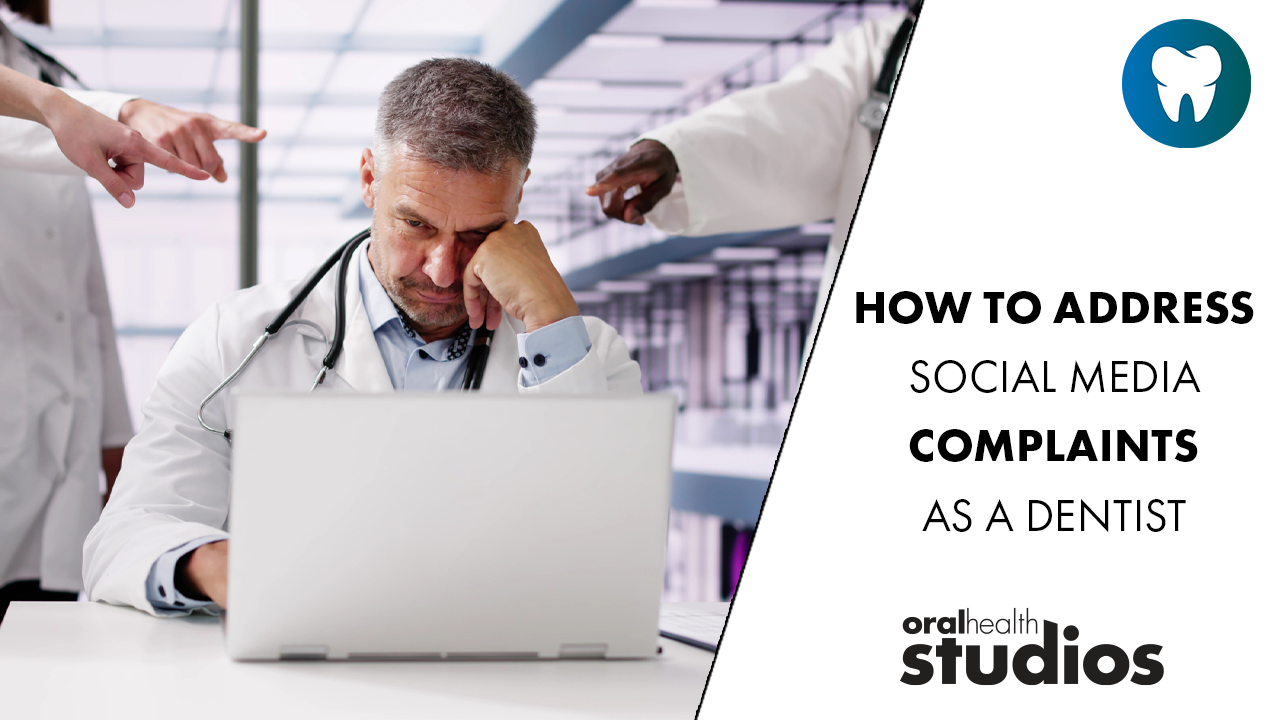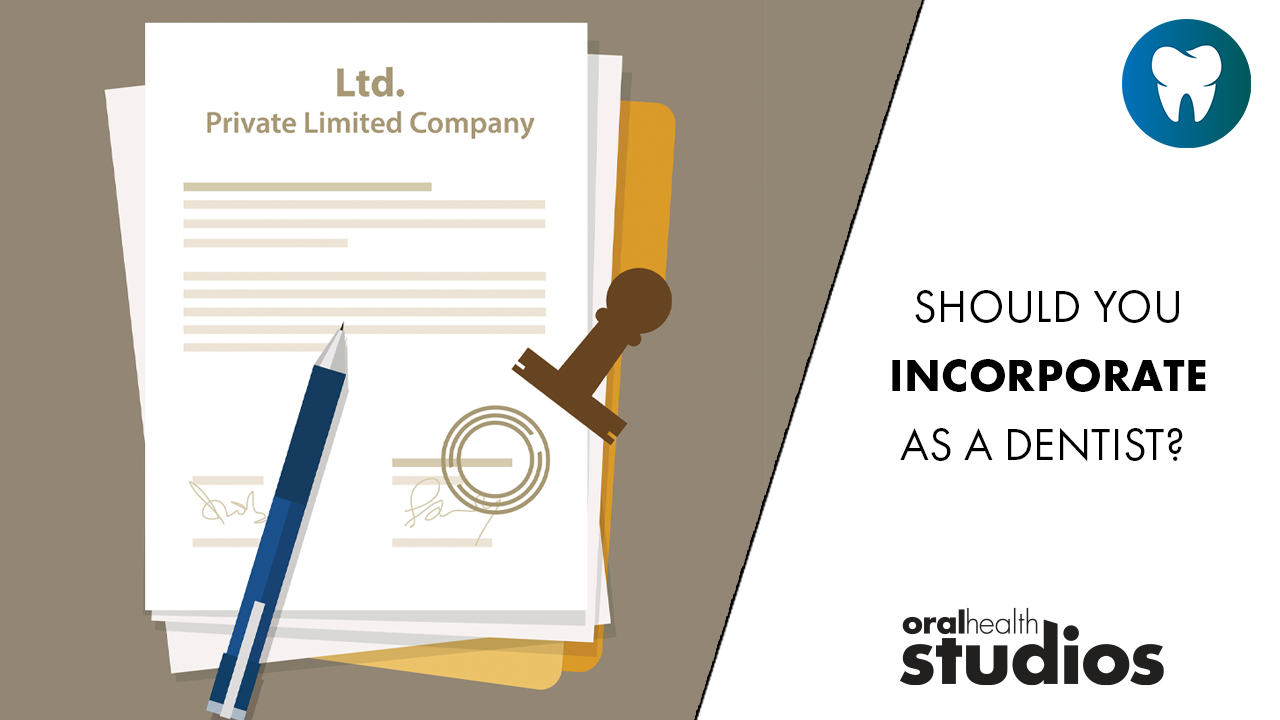
Picture this: you’re scrolling through your phone at 11 PM after a brutal 12-hour day, and another headline screams about AI taking over healthcare jobs. Your stomach drops. You spent eight years becoming a dentist, not a tech expert, and now everyone’s talking about robots doing root canals. Here’s the thing though—that fear you’re feeling? It’s completely normal, and you’re definitely not alone. But here’s what those clickbait headlines won’t tell you: AI isn’t coming for your dental license. It’s coming to make your life easier.
The real question isn’t whether AI will change dentistry; it already has. The question is whether you’ll use it to improve your practice or watch competitors pull ahead while you’re still answering phones during procedures.
The fear is real (and completely understandable)
Today’s dental professionals are genuinely concerned about AI, and rightfully so. When you see headlines about “Jobs AI Will Replace” listing everything from radiologists to customer service reps, it’s easy to wonder if dental hygienists and even dentists are next on the chopping block.
Many dentists never expected to compete with computers. Now, some are hearing patients ask whether AI can clean teeth better than a hygienist. That’s when it becomes clear there’s a real shift happening in the profession.
But here’s what many are missing: AI isn’t trying to replace dental professionals. It’s trying to handle all the stuff that keeps you from actually practicing dentistry.
What AI actually does in dental practices (Spoiler: it’s not performing surgery)
Forget the sci-fi fantasies. Real dental AI is doing the boring, repetitive tasks that eat up your day. We’re talking about:
Phone management that actually works: Tools like Annie AI handle appointment scheduling, answer basic questions, and qualify leads 24/7. No more “Can you hold while I finish this filling?” scenarios. No more missing calls because your receptionist is helping a walk-in patient.
Administrative automation that saves hours: AI handles insurance verification, sends appointment reminders, manages review requests, and even helps with basic patient intake. According to recent practice management studies, dental offices spend up to 40% of their time on administrative tasks that AI can streamline.
Enhanced diagnostic support: AI-powered imaging analysis helps identify issues you might miss during rushed appointments. It’s not making diagnoses; it’s giving you an extra set of digital eyes to ensure nothing slips through the cracks.
Smart wearable technology: AI wearables are revolutionizing how dental professionals work. Imagine recording your clinical notes hands-free while treating patients, then having AI instantly convert your voice into professional documentation.
Smart practice analytics: Instead of digging through spreadsheets to understand your practice metrics, AI analyzes patterns in appointment cancellations, peak booking times, and patient communication preferences. It turns your data into actionable insights without requiring a business degree.
The “augmented intelligence” revolution
Simone Stori, an innovator in AI wearables, nailed it when he said: “The important term is not artificial intelligence, but augmented intelligence. It’s the enhancing of what AI can do with what humans can do.”
Think about it this way—AI doesn’t replace your clinical judgment, empathy, or ability to calm an anxious patient. It just handles the stuff that keeps you from using those skills effectively.
Consider these real-world applications already transforming practices:
Intelligent patient communication systems like those developed by companies such as Dentista Efficace are revolutionizing how practices manage patient relationships. These systems don’t replace human connection; they make it more meaningful by ensuring every patient gets timely, relevant communication.
AI-powered practice management streamlines everything from scheduling optimization to treatment plan presentations. Instead of spending 20 minutes explaining insurance coverage, AI can generate clear, visual breakdowns that patients actually understand.
Smart imaging and documentation tools help with everything from charting notes to treatment planning. They’re not diagnosing but giving you better information to make your own clinical decisions.
The real risk: Falling behind while others move forward
While you’re worrying about AI taking your job, your competitors are using it to:
- Answer patient calls instantly (even at 2 AM)
- Schedule appointments without playing phone tag
- Send personalized follow-up messages that actually get responses
- Identify scheduling gaps and optimize booking patterns
- Provide faster, more accurate treatment estimates
Microsoft’s own customer service transformation provides a perfect example of these benefits in action. Their teams using AI tools achieved improved collaboration (13% decrease in required collaboration among agents), enhanced efficiency (16% reduction in chat case handling time), and increased productivity (12% more cases handled per agent). When staff aren’t constantly interrupted by routine tasks, they actually provide better patient care.
Many dental practices experience this transformation firsthand. After initially resisting AI receptionists due to concerns about losing personal touch, practices discover something unexpected. When staff aren’t constantly interrupted by routine scheduling calls, they can focus on what matters most—providing exceptional patient care.
AI tools that actually make sense for dental practices
Not all AI is created equal. Here’s what’s actually working in real dental offices:
Front desk automation: AI dental receptionists handle routine calls, book appointments, and answer basic questions. They don’t replace human staff—they free them up for complex patient needs.
Smart marketing support: AI helps create dental marketing content, optimize Google Business profiles, and manage online reputation. Instead of spending weekends writing social media posts, you can focus on what you do best.
Enhanced SEO and online visibility: With Google’s AI Overviews changing how patients find dentists, AI-powered SEO tools help ensure your practice appears when people search for dental services.
Intelligent patient communication: Automated appointment reminders, post-treatment follow-ups, and review requests keep patients engaged without requiring constant staff attention.
The bottom line: Embrace the tool, don’t fear the future
Look, nobody’s expecting you to become a tech expert overnight. But ignoring AI while your competitors embrace it? That’s like refusing to use digital X-rays because film worked fine for decades.
The dental professionals who will thrive in the next five years aren’t the ones with the most technical knowledge, they’re the ones who recognize that AI enhances human capabilities rather than replacing them.
Start small. Try an AI tool for one specific task; maybe appointment scheduling or patient communication. See how it feels. Most dental professionals are amazed by how much time they save and how much better their patient experience becomes.
The future of dentistry isn’t about choosing between human touch and artificial intelligence. It’s about combining both to provide exceptional patient care while actually enjoying your practice again.
Because here’s the real truth: AI won’t take your job. But a dentist who uses AI effectively might take your patients.
FAQs
Will AI replace dental hygienists and assistants?
No. AI handles administrative tasks and data analysis, but hands-on patient care, clinical skills, and human interaction remain essential. AI actually frees up staff to focus more on patient care rather than paperwork.
How much does dental AI cost for a small practice?
Basic AI tools like automated appointment booking and patient communication start around $100-300 per month. The time savings and improved patient experience typically pay for themselves within the first month.
Is dental AI HIPAA compliant?
Reputable dental AI providers are designed with HIPAA compliance in mind, but you should always verify this before implementation. Look for providers that offer signed Business Associate Agreements (BAAs).
What’s the difference between a dental AI agent and a regular chatbot?
Traditional chatbots follow scripted responses, while AI agents like Annie AI understand context and can handle complex, multi-part conversations. AI agents learn from interactions and provide more natural, helpful responses.
Can AI help with dental diagnosis and treatment planning?
AI can assist with diagnostic imaging analysis and treatment plan presentations, but it doesn’t replace clinical judgment. It provides additional data points to help dentists make more informed decisions.
How long does it take to implement AI in a dental practice?
Most basic AI tools can be set up within a few days to a week. More comprehensive systems might take 2-4 weeks for full integration and staff training.
Will patients accept AI in their dental care?
Studies show patients actually prefer faster response times and 24/7 availability that AI provides. As long as human staff handle complex issues and actual treatment, patients appreciate the improved efficiency.
What happens if the AI makes a mistake with patient information?
Quality AI systems have oversight protocols and audit trails. However, human staff should always review important decisions and maintain final approval over patient communications and scheduling.

Danielle Caplain is a copywriter at My Social Practice, where she crafts compelling, SEO-friendly content that helps dental practices grow their online presence and connect with patients. My Social Practice is a dental marketing company that provides comprehensive dental marketing services to thousands of practices across the United States and Canada.












